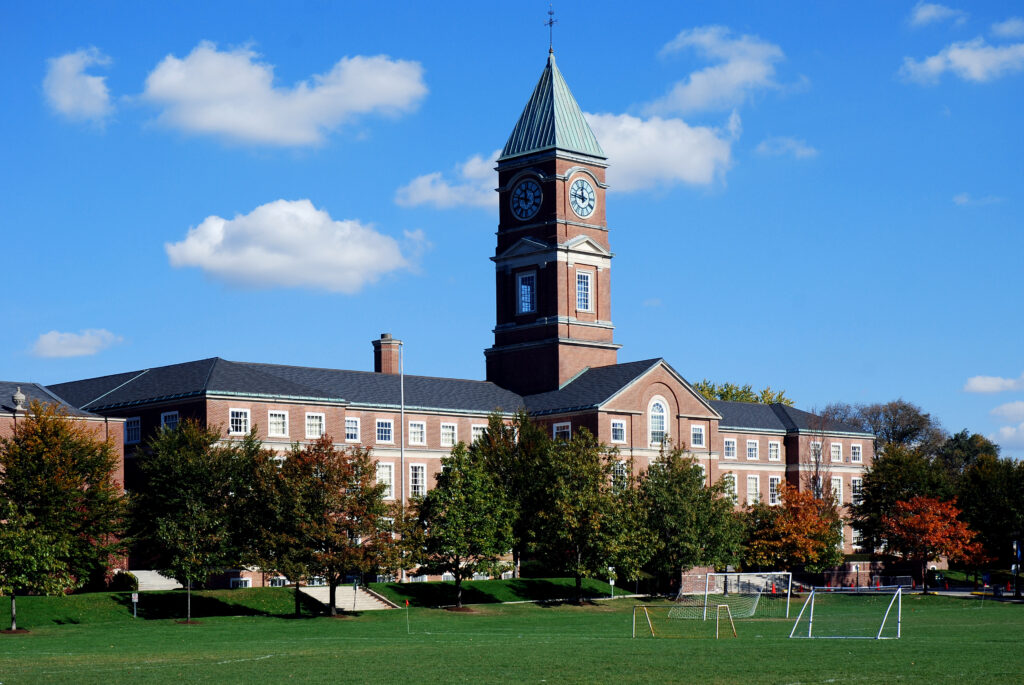The South Carolina Supreme Court heard arguments Friday on whether Gov. Henry McMaster has the power to direct $32 million in federal pandemic relief funds for students to attend private schools through the Safe Access to Flexible Education (SAFE) Grants program.
The program would provide one-time, need-based grants up to $6,500 to eligible mid- to low-income students to be used toward tuition at their non-public schools. The Blaine Amendment in South Carolina’s constitution prohibits public funds from being used for the direct benefit of private schools. The lawsuit Adams v. McMaster was filed in July by Orangeburg educator Dr. Thomasena Adams against McMaster and the conservative think tank Palmetto Promise Institute.
Arguments to the Supreme Court on Friday centered on whether discretionary funds allocated to McMaster through the federal Coronavirus Aid, Relief and Economic Security (CARES) Act are considered public funds and whether it is permissible for them ultimately to end up in the hands of private schools.
Petitioners for Adams argued when federal funds are dispersed to the state, they would become public, and the SAFE Grants program then provides those funds for the direct benefit of private schools, thereby violating the state’s Blaine Amendment.
“These funds are given to private schools,” said Skyler Hutto, an attorney representing the petitioners, arguing private schools are direct beneficiaries of the funds.
“From the position of the government, they are never the family’s money enough for them to be taxed as if it were a benefit,” Hutto said. “Does the governor have the power to go outside the prohibitions of the state constitution?”
Responding for the state, attorney Thomas Limehouse argued funds distributed in the SAFE Grants program are not state funds, but federal emergency grant funds, and would be used in the program to meet “essential education related needs.”
“The SAFE Grants program does not, in any way, diminish the amount of money that the General Assembly appropriates on an annual basis to South Carolina’s public schools,” Limehouse said, “And it does not, in any way, subtract from or limit the hundreds of millions of dollars in other CARES Act funds that are currently available to South Carolina public schools, only a fraction of which have been drawn down.”
The court is expected to rule quickly because of the Dec. 31 expiration for CARES Act funds.
“This litigation has delayed the flow of urgent emergency relief to thousands of children whose education has been thrown into chaos by COVID-19,” said Ellen Weaver, president and CEO of the Palmetto Promise Institute, a respondent in the case. “The court has received compelling written and oral arguments, outlining congressional intent and years of precedent from both state and federal courts, that undergird the clear constitutionality of the SAFE Grants program.”
Originally published by The Center Square. Republished with permission.
